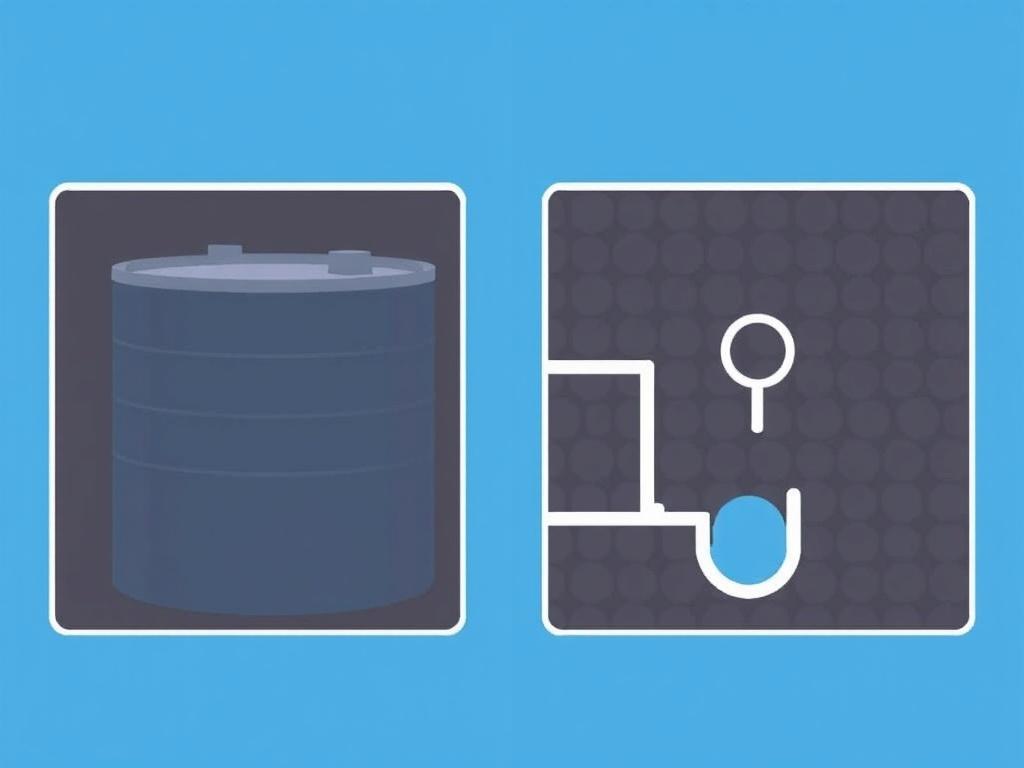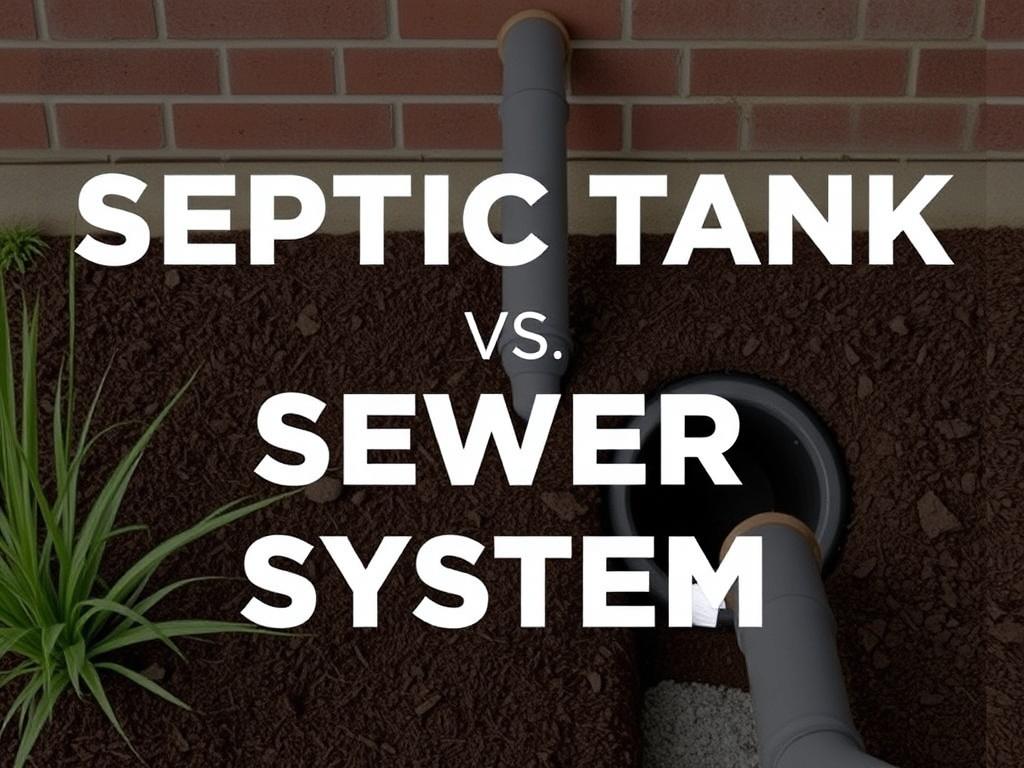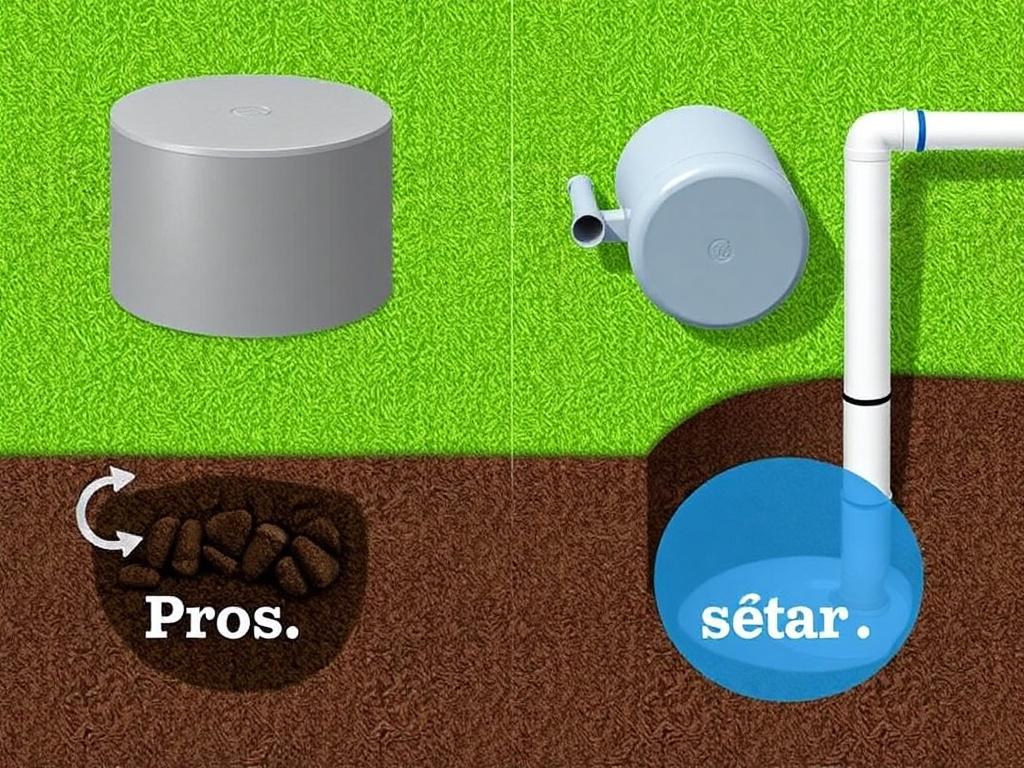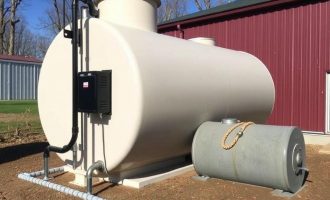When it comes to managing wastewater in your home, choosing between a septic tank and a sewer system is a fundamental decision that impacts your daily life, finances, and even the environment. Both systems serve the purpose of disposing of wastewater, but they operate on very different principles, have distinct benefits, and come with their own set of challenges. In this article, we’ll dive deep into the septic tank vs. sewer system debate, exploring the pros and cons of each. Whether you’re building a new home, looking to upgrade, or simply curious, understanding these differences can help you make an informed choice.
- Understanding the Basics: What Is a Septic Tank?
- What Is a Sewer System?
- Septic Tank vs. Sewer System: Key Differences
- Pros of Using a Septic Tank
- Cons of Using a Septic Tank
- Pros of Using a Sewer System
- Cons of Using a Sewer System
- Cost Comparison: Initial and Long-Term Expenses
- Environmental Considerations of Both Systems
- Factors to Consider When Choosing Between Septic Tank and Sewer System
- Maintenance Tips for Septic Tanks
- Maintaining Your Sewer Connection
- Final Thoughts on Septic Tank vs. Sewer System
- Conclusion
Understanding the Basics: What Is a Septic Tank?
A septic tank is an underground, self-contained wastewater treatment system that processes the sewage generated by a household on-site. Typically found in rural or suburban areas without access to municipal sewer lines, septic tanks provide an alternative to public sewer systems.
When you flush your toilet, drain your sink, or run your washing machine, all wastewater flows into the septic tank. Inside this tank, solids settle to the bottom, forming sludge, while oils and lighter waste float to the top as scum. The tank then allows the remaining liquid to flow out into a drain field where it gradually filters into the soil.
The septic tank setup requires a considerable amount of land and periodic maintenance but offers reliable wastewater management in areas without centralized sewer infrastructure.
What Is a Sewer System?
In contrast, a sewer system is a network of pipes managed by a local municipality or utility company that collects and transports wastewater away from homes and businesses to a centralized treatment facility. Sewer systems are commonly found in urban and suburban environments.
Once wastewater reaches the treatment plant, it undergoes several purification processes before being safely released into the environment or reused. Using a sewer system generally means homeowners don’t have to worry about treating their own sewage, as it’s handled by professionals.
However, access to a sewer system depends on infrastructure availability in your area and can sometimes involve costly connection fees and monthly service charges.
Septic Tank vs. Sewer System: Key Differences
To help you better understand these two systems, here’s a quick comparison table highlighting their main differences:
| Feature | Septic Tank | Sewer System |
|---|---|---|
| Location | On-site, underground in homeowner’s property | Off-site, connected to municipal network |
| Maintenance Responsibility | Homeowner | Municipality or utility company |
| Initial Setup Cost | Moderate to High (depends on soil, tank size) | Varies (sometimes high connection fees) |
| Ongoing Expense | Maintenance, occasional pumping | Monthly service fees |
| Environmental Impact | Can be localized, potential groundwater contamination if poorly maintained | Centralized treatment limits local pollution |
| Longevity | 20-30 years with proper maintenance | Generally indefinite, with upgrades |
Pros of Using a Septic Tank
For many homeowners, especially those living outside city limits, septic tanks offer several appealing benefits. First, septic tanks provide independence. Since the system is on your property, you’re not reliant on public utilities or sewer line expansions. This can save money over the long term, as there are no monthly sewer fees, only routine maintenance costs.
Another advantage is environmental sustainability. When properly designed and maintained, septic tanks promote natural treatment of wastewater through soil filtration in the drain field, helping replenish groundwater.
Moreover, septic tanks can be cost-effective for homes located far from sewer infrastructure where connecting to a city sewer would be prohibitively expensive. If you value privacy and control over your wastewater system, a septic tank is often the preferred choice.
Here’s a quick list of septic tank pros:
- Low or no monthly service fees
- Independence from municipal systems
- Natural wastewater treatment through soil
- Cost-efficient in remote areas
- Longevity with proper care and pumping
Cons of Using a Septic Tank
Despite its advantages, there are some important downsides to septic tanks that homeowners need to consider. Firstly, septic tanks require regular maintenance — this includes periodic pumping of solid sludge and inspecting the drain field. If neglected, the system can fail, resulting in costly repairs and potential contamination of nearby soil or groundwater.
Space is another major consideration; septic systems require enough land and suitable soil conditions to install the drain field. Properties with rocky or clay-heavy soil may not support effective filtration.
In addition, if you plan to expand your home or have a larger family, the septic system may need to be upgraded or replaced to handle increased wastewater volume.
Common cons of septic tanks include:
- Requires significant land space
- Needs regular maintenance and sludge pumping
- Potential risk of groundwater contamination if system fails
- Expensive repairs if neglected
- Not ideal for densely populated areas or small lots
Pros of Using a Sewer System

Sewer systems offer several major benefits, especially for residents in urban or suburban environments. Convenience is at the top of the list; with a sewer system, homeowners simply send wastewater through the pipes and don’t have to worry about treatment or maintenance beyond basic plumbing care.
The centralized wastewater treatment typically ensures a higher level of purification before the final discharge, reducing environmental risks. Sewer systems can also handle large volumes of wastewater, making them suitable for densely populated neighborhoods or commercial areas.
Generally, these systems require less physical space on your property, freeing your yard for other uses.
Advantages of sewer systems include:
- No on-site maintenance required
- Higher standard of wastewater treatment
- Suitable for high-density housing
- No land required for septic drain field
- Municipal management reduces homeowner responsibility
Cons of Using a Sewer System
While sewer systems are convenient, they do come with drawbacks. Access to a sewer network can be limited and connecting to municipal lines often involves significant upfront fees, sometimes thousands of dollars. His can be a barrier for homeowners in expanding neighborhoods or rural fringes.
Homeowners usually pay monthly service fees that can add up over time. Moreover, sewer system failures or backups, though rare, can cause unpleasant and costly issues.
Environmental concerns also arise at the municipal level: treating large volumes of sewage consumes energy and requires proper infrastructure to prevent pollution.
Sewer system cons include:
- High connection costs in some areas
- Monthly fees increase long-term costs
- Dependent on municipal infrastructure
- Possible system backups or failures
- Environmental footprint of large treatment plants
Cost Comparison: Initial and Long-Term Expenses
When debating septic tank vs. sewer system, costs are often a decisive factor. Let’s break down typical expenses:
| Expense Type | Septic Tank | Sewer System |
|---|---|---|
| Installation Costs | $3,000 – $10,000+ (tank, drain field, soil testing) | $1,000 – $5,000+ (connection fees vary widely) |
| Maintenance Costs | $300 – $500 every 3-5 years for pumping | Minimal, included in monthly bills |
| Monthly Fees | None | $30 – $100+ per month |
| Repair Costs | $1,000 – $15,000 for major repairs or replacement | Usually low, but emergency repairs can be costly |
Interestingly, while initial sewer connection might seem cheaper in some locales, the ongoing costs may surpass the periodic maintenance and pumping a septic tank requires. Conversely, septic tanks’ upfront costs and risks can be a big hurdle.
Environmental Considerations of Both Systems
In the septic tank vs. sewer system discussion, environmental impact is a critical factor. Properly functioning septic tanks use natural processes to break down waste and allow safe absorption into the soil. This can be beneficial for groundwater recharge if the soil is healthy and the tank is well-maintained.
However, septic tanks that leak or fail pose risks of groundwater contamination with harmful bacteria, viruses, or chemicals. Likewise, drain fields can become saturated, especially with heavy rainfall or overuse, leading to surface runoff.
Sewer systems treat wastewater at centralized plants with multiple filtration and disinfection steps before releasing clean water back into rivers or oceans. This controlled process helps limit pollutants in waterways, which is essential in urban areas with higher population densities.
On the downside, sewer plants consume energy and chemicals for treatment and occasionally may discharge treated wastewater with trace contaminants. Additionally, old or damaged sewer lines can leak, affecting soil and groundwater.
Factors to Consider When Choosing Between Septic Tank and Sewer System

Before making a final decision, reflect on these important questions that can guide your choice:
- Location: Is your home connected to a municipal sewer line, or is it in a rural area?
- Property Size: Do you have enough land to install and maintain a septic system?
- Budget: How much can you afford upfront and over time for fees and maintenance?
- Environmental Concerns: Are you willing to manage your own system to minimize pollution, or would centralized treatment be better?
- Future Expansion: Are you planning to expand your home, increasing water use?
- Local Regulations: What do local codes and health departments recommend or require?
Answering these questions will clarify which system fits your lifestyle, property, and financial outlook.
Maintenance Tips for Septic Tanks
If you opt for a septic tank system, proper maintenance is crucial to ensure longevity and prevent failures. Here are some practical tips:
- Have your septic tank inspected every 3 years by a professional.
- Pump the tank every 3 to 5 years, depending on usage and tank size.
- Avoid flushing non-biodegradable items and chemicals down your drains.
- Conserve water to prevent overloading the tank.
- Protect the drain field by not parking or planting heavy trees over it.
- Use septic-safe household products and cleaners.
Maintaining Your Sewer Connection
Although the municipal system takes care of treatment, homeowners still control the wastewater flow into the sewer system. Maintaining your sewer connection involves:
- Avoid flushing grease, wipes, and other non-flushable items to prevent clogs.
- Fix leaks promptly to avoid unnecessary water flow into the system.
- Schedule inspections if you suspect sewer line blockages or backups.
- Report any persistent odors or sewage backups to your utility provider.
Final Thoughts on Septic Tank vs. Sewer System

Choosing between a septic tank vs. sewer system is a significant decision with many factors to consider. Septic tanks provide autonomy, environmental benefits when properly maintained, and cost savings for homes in rural settings. However, they demand responsible upkeep and the need for adequate land. Sewer systems offer convenience, professional treatment, and are ideal for densely populated areas but come with connection costs and ongoing fees.
Ultimately, the best choice depends on your location, property, budget, and commitment to maintaining your wastewater system. Whether you connect to the city sewer or install a septic tank, understanding the pros and cons ensures you make a choice that keeps your home safe, functional, and environmentally sound.
Conclusion
Navigating the septic tank vs. sewer system decision can feel overwhelming, but breaking down the advantages and disadvantages of each helps clarify what works best for your unique situation. If you live in a rural area with ample space and want to avoid monthly bills, a well-maintained septic tank might be your best bet. For urban dwellers or those seeking hassle-free wastewater management with professional oversight, the sewer system is often preferable. Whatever your choice, being informed about maintenance, costs, and environmental impact will ensure your system operates efficiently for years to come, protecting your home and the planet alike.
Помогла вам статья?






